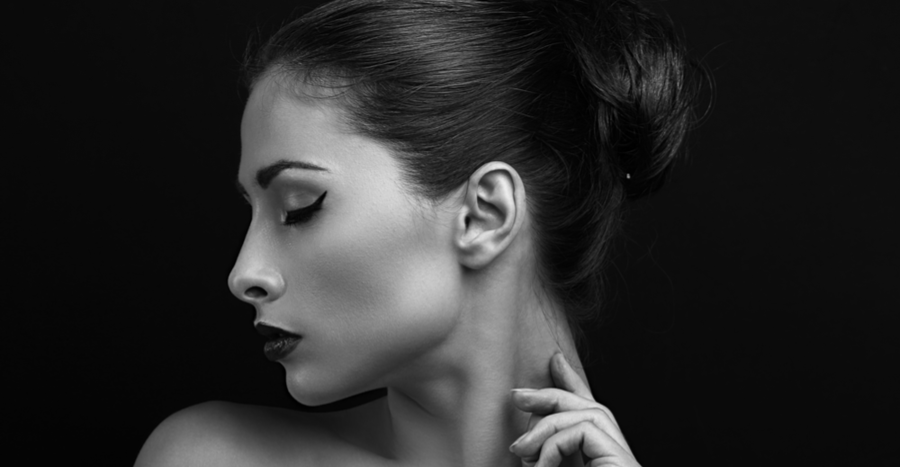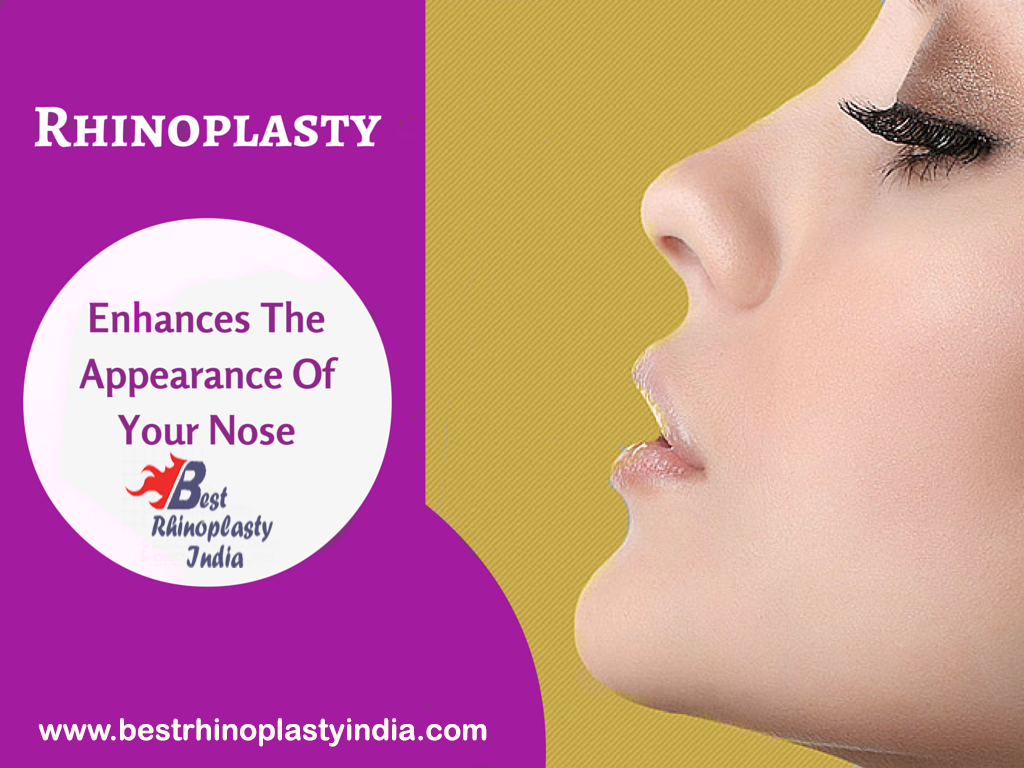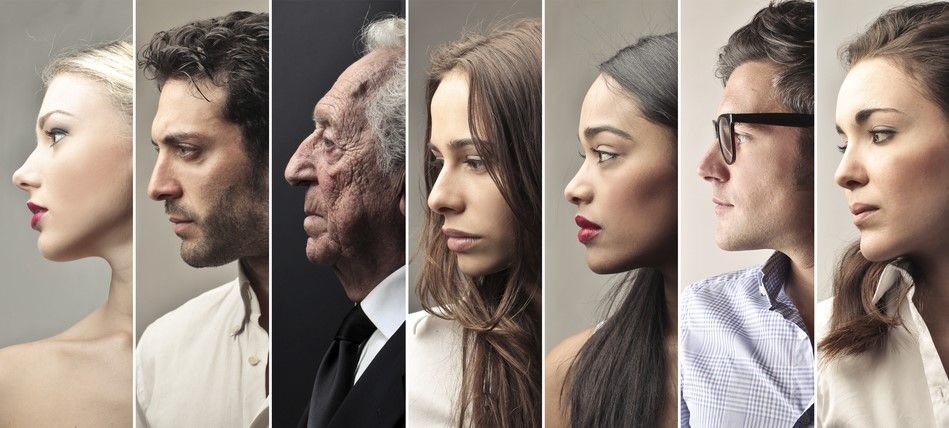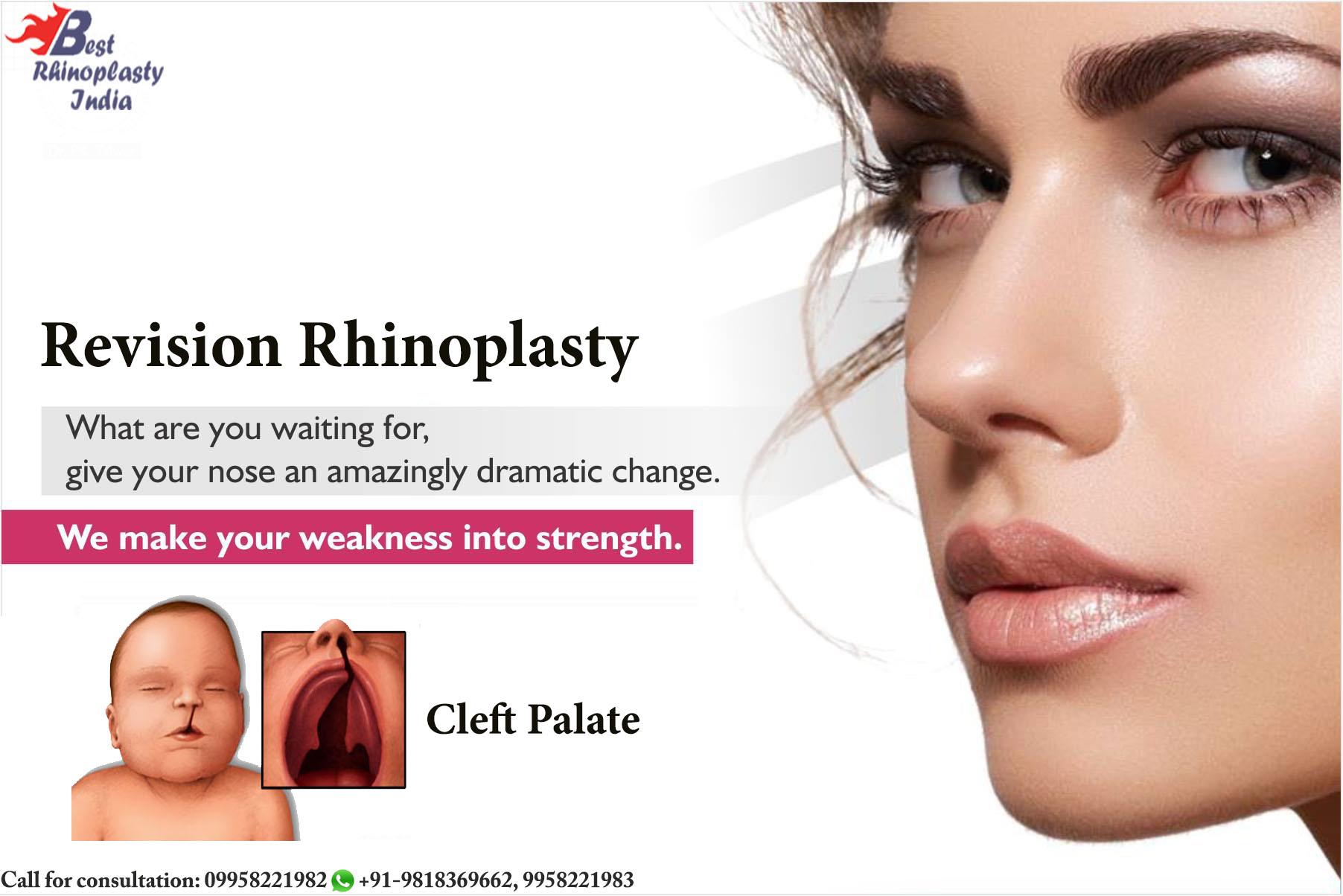
Do you have rhinoplasty surgery questions? Well we’ve got answers! Browse the questions below to get answers to some of the most common questions about rhinoplasty surgery (www.bestrhinoplastyindia.com)! From the cost of rhinoplasty to rhinoplasty recovery!
Q: What is rhinoplasty?
A: Rhinoplasty, or cosmetic nasal surgery, is also referred to as a nose job, and it is a plastic surgery procedure that improves the shape and size of the nose. The procedure can remove a hump, change the shape of the nasal tip, and straighten the nose. Occasionally, the size and shape of the nostrils can be changed. The goal of the rhinoplasty surgery is often to achieve better harmony between the nose and the other facial features and, often times; even the slightest alteration can greatly improve a patient’s appearance. If the patient has breathing difficulty, Dr. Ajaya Kashyap may perform septal and turbinate surgery at the same time.
Q: Can rhinoplasty be performed at any age?
A: Age may also be a consideration. Many surgeons prefer not to operate on teenagers until after they've completed their growth spurt-around 14 or 15 for girls, a bit later for boys.
Q: How much does rhinoplasty cost?
A: The cost of rhinoplasty surgery greatly depends on your geographic location and how much alteration you want or need to have done to your nose. The average cost does not take into consideration an overnight hospital stay if required. Before you schedule your rhinoplasty, contact our clinic (info@bestrhinoplastyindia.com)
Q: What are the risks of rhinoplasty surgery?
A: Rhinoplasty is a generally safe surgical procedure, but as with any surgery, things can go wrong. The most common risks during a rhinoplasty procedure are infection, adverse reaction to the anaesthesia, and excessive bleeding. There is also the slight possibility that you will need additional surgery in the future. Another risk in regards to cosmetic nose surgery is that you may be unhappy with the procedure - rhinoplasty has the highest rate of revision in cosmetic surgery.
Q: How can I prepare for rhinoplasty surgery?
A: Prior to the rhinoplasty your surgeon (Dr. Ajaya Kashyap) will go over the realistic expectations of your procedure. He or she will determine what needs to be done and the most appropriate methods to use in order to meet your expectations. As far as what you can do to prepare for your rhinoplasty, it is recommended that you don’t take any medications that may inhibit blood clotting or cause postoperative bleeding problems such as aspirin and ibuprofen. If you smoke, it is also recommended that you stop smoking at least a month before your surgery and don’t start again until a month afterward. Smoking greatly slows down the healing process and will extend the time it takes you to recover. This may be a good time to quit smoking altogether.
Q: What can I expect during rhinoplasty?
A: Your rhinoplasty will generally be performed under general anesthesia and the entire surgery typically lasts no more than two hours. Depending on your situation, your surgeon may make an incision across the bottom of your nose between your nostrils (known as the open technique), or in the lining of your nostrils (known as the closed technique). Your surgeon will then removes or rearrange cartilage, and in some cases break and rearrange bone to reshape the nose. Afterward, the surgeon or health care team closes the incisions and your nose is packed with gauze. Usually, a nasal split is also applied.
Q: What is the recovery time for rhinoplasty?
A: Your surgeon will require you to wear a nasal splint for the first 7-10 days after your rhinoplasty. After your surgery, you may have moderate swelling and bruising around your eyes that could last up to two weeks. You should avoid strenuous activity for up to four weeks after your surgery; your physician will let you know when it’s safe for you to return to your daily activities.
Q: What can I expect after rhinoplasty?
A: Results from a rhinoplasty surgery can typically be seen once the swelling goes down and your physician removes the nasal splint. Nasal breathing is also difficult for about 3 weeks after the surgery due to swelling. Most, if not all, of the swelling is gone two months after you have the surgery performed. As your doctor may tell you. You should see your nose becoming more refined over the following months.
Q: What are the alternatives to rhinoplasty?
A: When it comes to alternatives to cosmetic rhinoplasty, there are none. But if you’re looking to improve your breathing you can try using nasal strips as a non-surgical means of correcting the issue.
Q: Does Dr. Ajaya Kashyap have before and after photographs of rhinoplasty patients?
A: Dr. Kashyap has performed thousands of rhinoplasties and has many before and after photographs of his patients. He will be happy to show them during your consultation for your rhinoplasty. He will show you results that may be similar to yours, so that you can have an idea of what your nose will look like after surgery.
Dr. Ajaya Kashyap achieves excellent rhinoplasty results visit: http://www.bestrhinoplastyindia.com
For More information visit:
Dr. Ajaya Kashyap, MD, FACS
Address: 13 Palam Marg, Vasant Vihar
New Delhi - 110057, (INDIA)
Mobile: + (91)-9818369662, 9958221983, 9958221982
Landline: + (011) - 41802486, 41802485
Tag: rhinoplasty FAQ, tip nose surgery, rhinoplasty surgery cost, nose reshaping surgery, nose job surgeon india, nasal tip surgery, cleft & revision rhinoplasty, celebrity rhinoplasty surgeon, african american rhinoplasty specialist, korean rhinoplasty, face surgery, ethnic rhinoplasty South Delhi, dorsal hump nose reduction, crooked nose surgery, cosmetic surgery delhi, plastic surgery in delhi













